Talent crunch
The challenges faced by the biotech industry are symptomatic of a broader issue affecting U.S.-China relations in science and technology. Export controls and other measures to restrict technology transfer have moved to the heart of the relationship, increasing tensions between the two countries and posing significant challenges for U.S. tech companies.
Craig Allen, president of the U.S.-China Business Council, criticized the U.S. export controls for causing an "intensely difficult problem" for U.S. tech companies, particularly those that are in Silicon Valley.
"There's a great deal of uncertainty and anxiety. And I think that's true across the board in tech," Allen observed during an event at Stanford while visiting his organization's members in Silicon Valley.
The semiconductor industry, in particular, has been hit hard by these restrictions. Allen said that several U.S. chip companies have recently been banned from selling to an "ill-defined" range of Chinese customers.
"It's becoming more and more difficult to avoid that conflict of law, and thereby the consequences would be terminating or severely restricting what had been a very profitable enterprise for decades," he said.
He emphasized the importance of China for many technology companies, both as a market and as a source of talent.
"China's extremely important for the tech companies; many of them have a large percentage share of their total sales in China, and many of them draw on that enormous Chinese talent pool in China, and that is not something that they can easily walk away from," he said.
An April report by the Federal Reserve Bank of New York estimated that in a small subset of tech companies studied, $130 billion of market capital was lost due to export controls. When new export controls were announced, employment in affected companies declined by 7 percent.
"It is especially detrimental for American companies when export controls are unilateral, enforced by the American government only on American companies in such cases, and there are many unilateral export controls (that) asymmetrically hurt American firms and long-term American competitiveness," said Allen.
These restrictions are disrupting long-established partnerships and hindering access to crucial talent. Allen cited the case of a U.S. multinational company whose lead scientist in China was denied a visa to visit his own laboratories in the U.S.
"American companies need to access Chinese talent if they are to remain globally competitive. If American companies are barred from hiring Chinese talent, then other companies will be given a long-term structural advantage that probably over a very short period of time will impact American competitiveness," he argued.
This talent crunch is exacerbated by the U.S.' dependence on international students to meet its STEM workforce requirements, as noted by McNutt in her June address. The narrowing channel for data flows between R&D teams in China and the U.S. is making this challenge more acute every day.
Looking ahead, Allen acknowledged the complex political landscape that companies must navigate.
"We live in a political world; companies have to recognize that a potential future conflict between the United States and China would make it impossible for most international trade and investment to continue," he said.
"While conflict is certainly not inevitable, tensions need to be managed carefully, as we try to nudge our way to a more sustainable rules-based multipolar order."












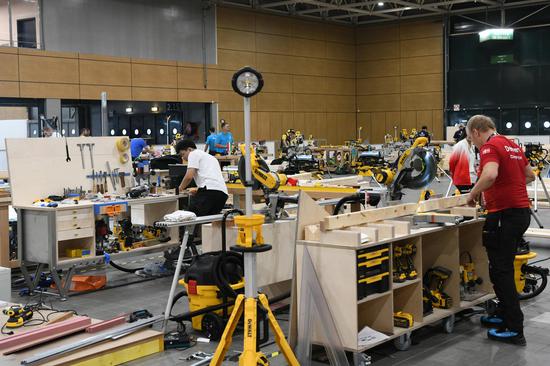




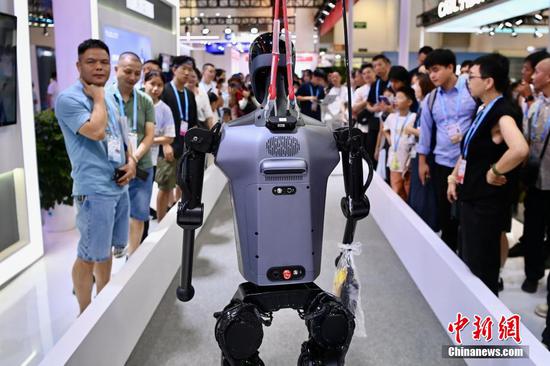
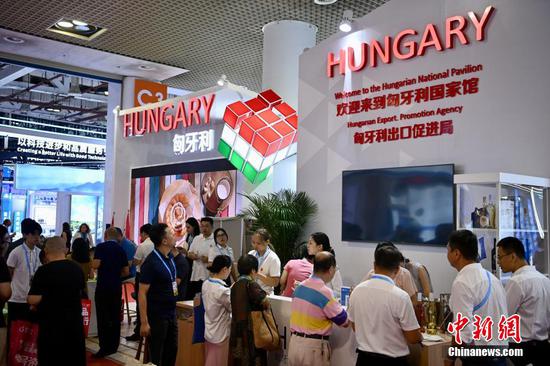







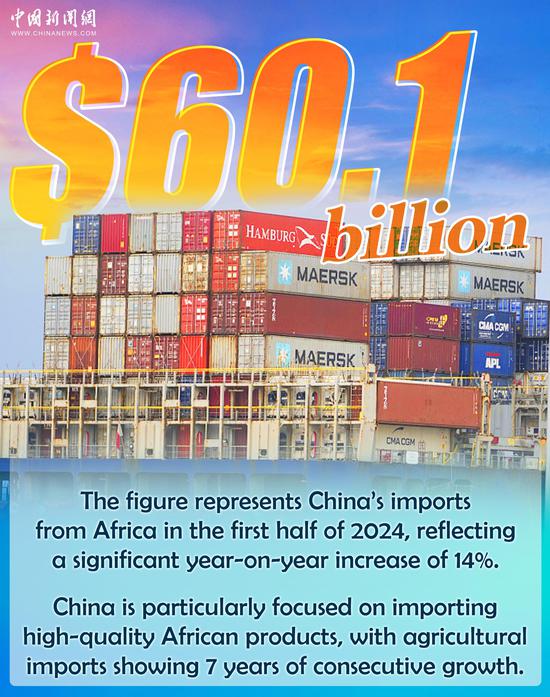
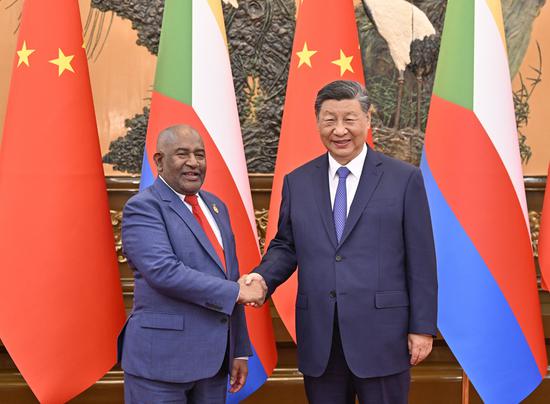
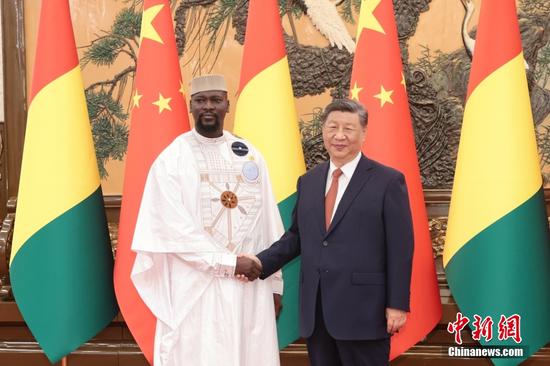
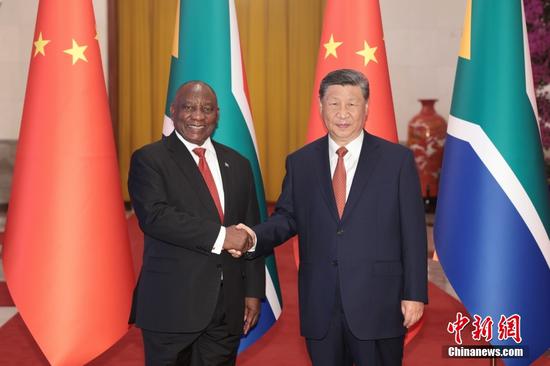
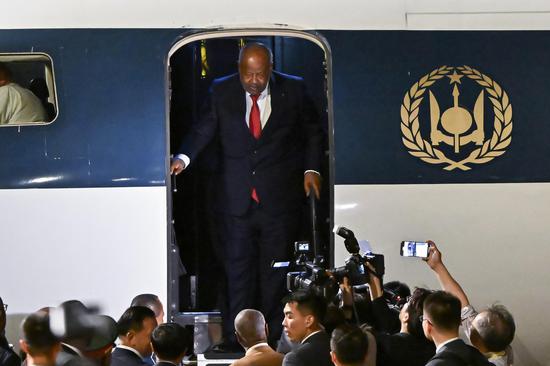
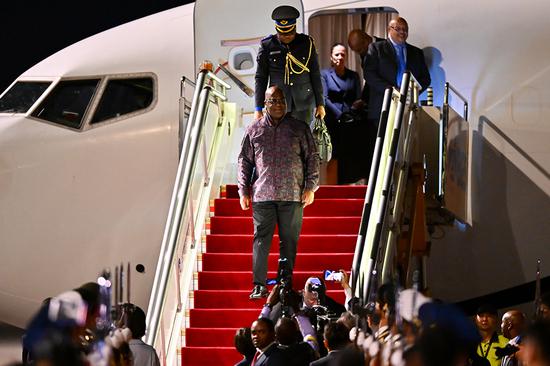

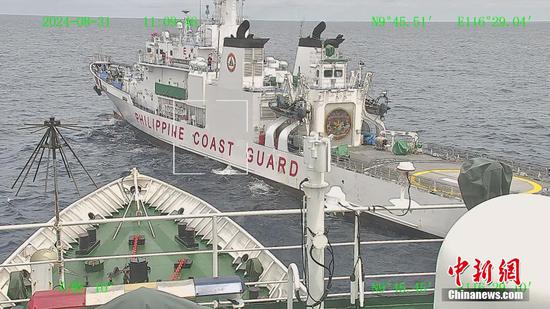
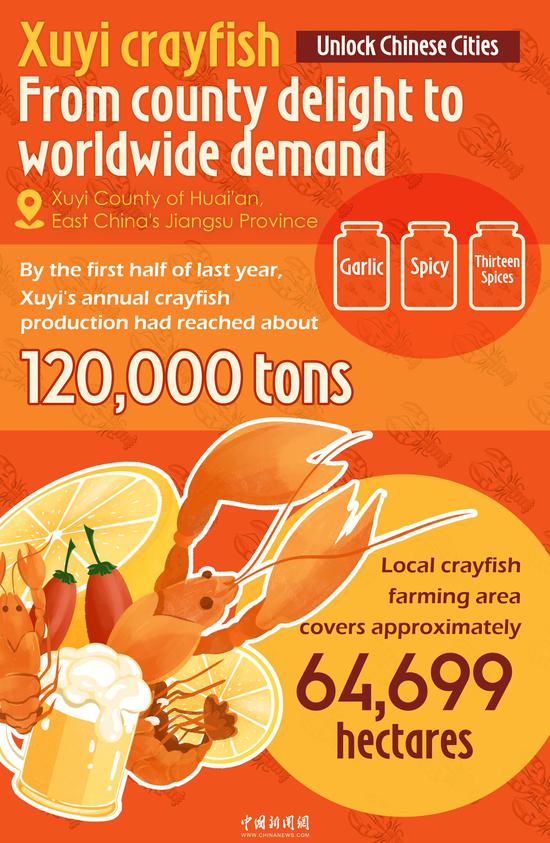
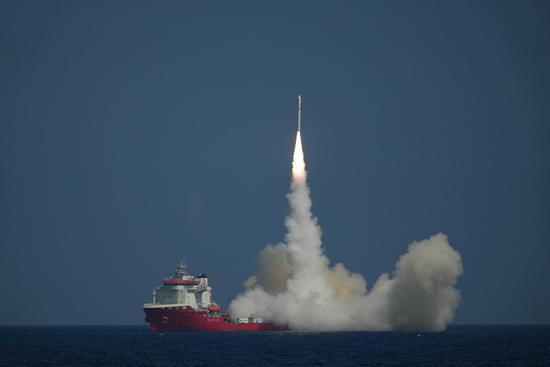
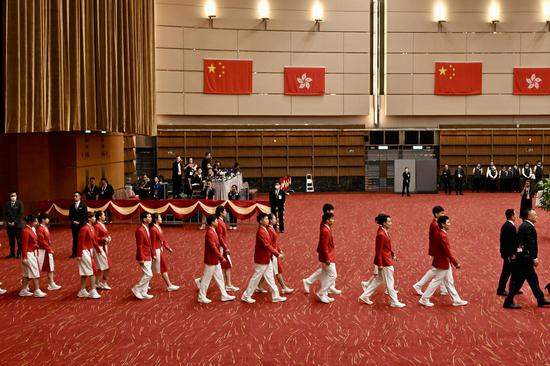


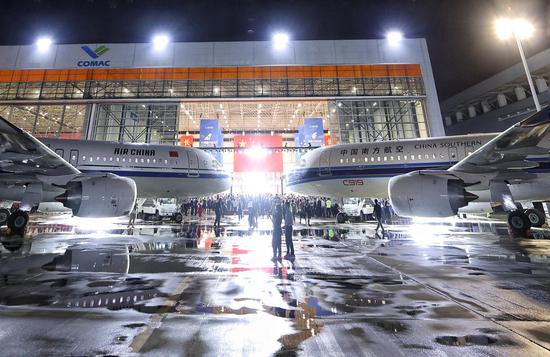
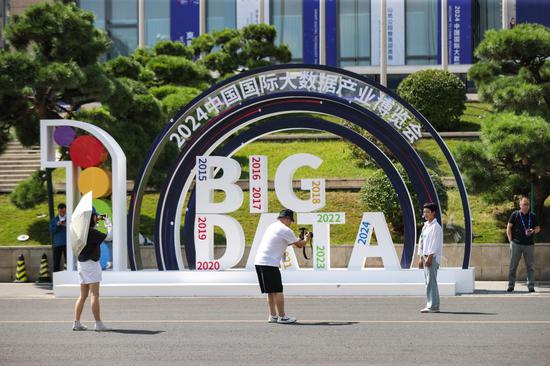



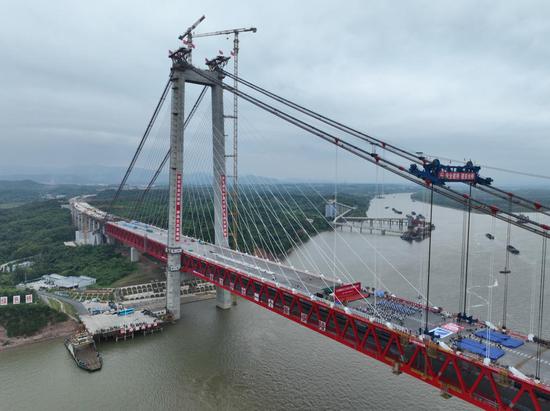



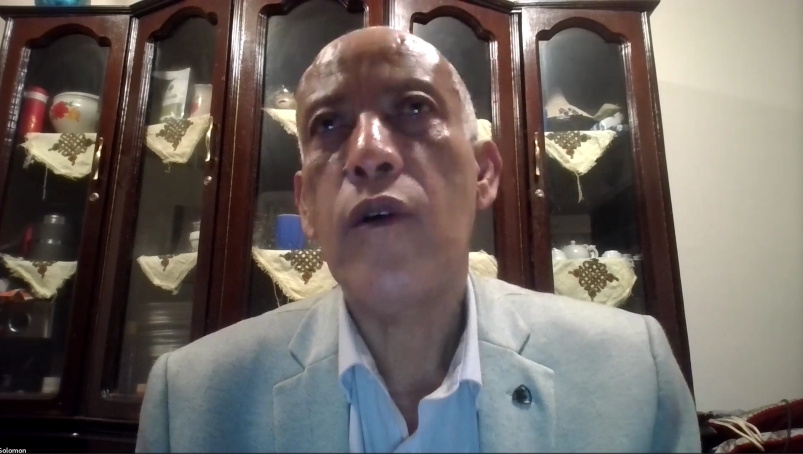

 京公网安备 11010202009201号
京公网安备 11010202009201号